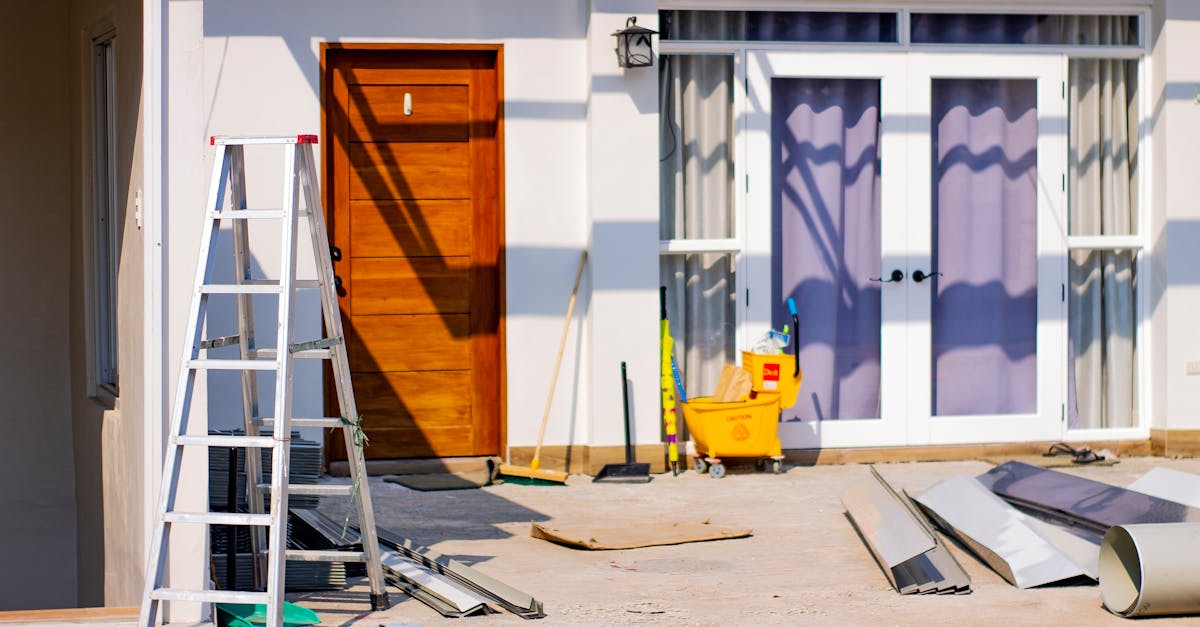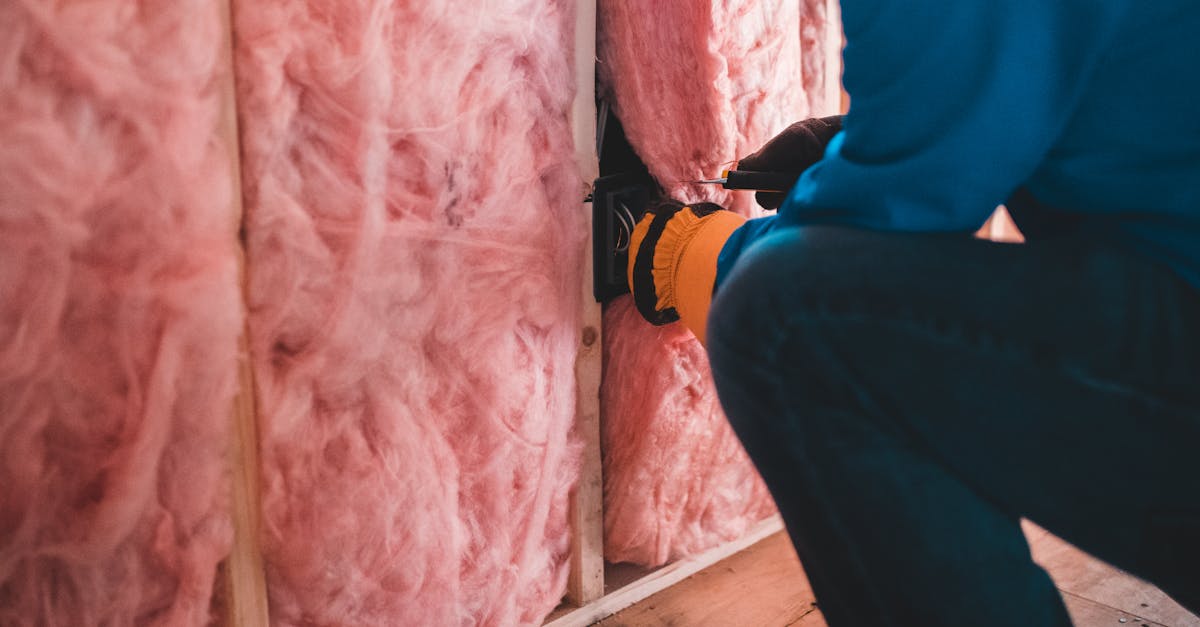10 Effective Ways to Soundproof Your Home
Introduction
In a bustling world, finding quietude within your home can be challenging. From urban noise to the hum of appliances, everyday sounds can disrupt your peace. This guide will delve into practical ways to soundproof your home, ensuring a more serene and stress-free living environment.
Advertisement
Understanding Noise Pollution
Noise pollution isn't merely an annoyance; it can significantly impact health. Prolonged exposure to loud noise levels can result in stress, sleep disturbances, and even cardiovascular issues. Understanding the sources of noise in and around your home is the first step in determining the most effective soundproofing measures.
Advertisement
Insulating Walls and Ceilings
A pivotal method to curtail noise is by bolstering your walls and ceilings. Consider adding a layer of dense, soundproof drywall or mass-loaded vinyl (MLV). These materials effectively absorb and block sound, keeping external noises at bay, and preventing indoor sound from escaping.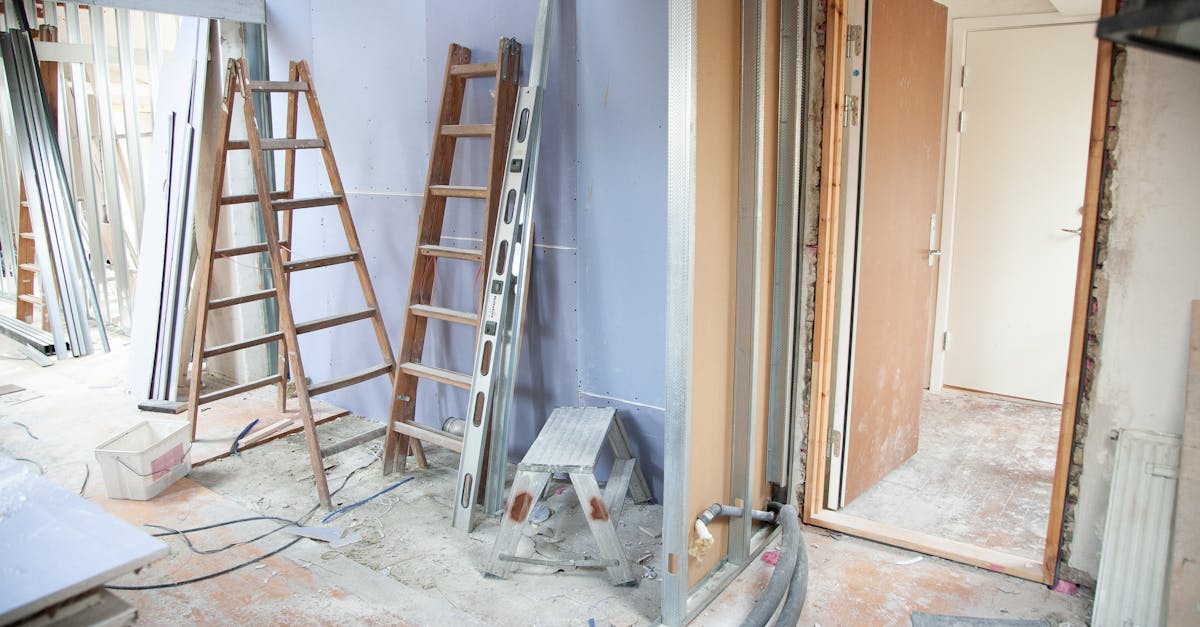
Advertisement
Upgrading Windows and Doors
Windows and doors are usual culprits for noise infiltration. Installing double or triple-pane windows with thick glass can reduce sound transmission. Meanwhile, weatherstripping doors and using heavy-duty, solid-wood doors, or adding door sweeps, can significantly cut down on unwanted noise.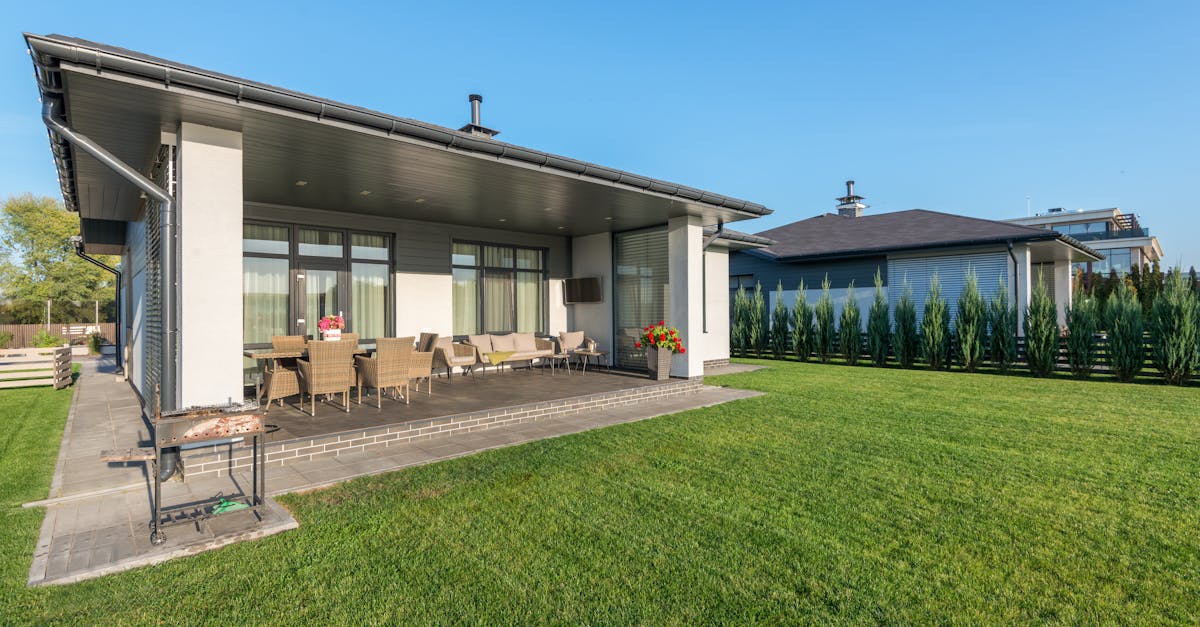
Advertisement
Utilizing Rugs and Carpets
Hard floors can amplify sound, making spaces feel noisier. Laying down thick rugs or carpets can dampen sounds, reducing their ability to echo. Opt for wool or similar dense fabric materials, and consider underpadding for added sound absorption.
Advertisement
Investing in Acoustic Panels
Acoustic panels aren't just for recording studios. Installing these foam or fabric panels in your home can absorb sound, particularly in echo-prone spaces like home theaters or media rooms. Available in various designs, they can double as decorative elements.
Advertisement
Sealing Gaps and Cracks
Even small gaps can allow sound to seep through. Inspect your home for any cracks or gaps, especially around windows, doors, and vents. Use sealant or caulk to fill these spaces, effectively blocking noise pathways.
Advertisement
Soundproofing Flooring
If noise from below is a concern, consider soundproofing your floors. Cork tiles or soundproof underlays beneath your flooring can greatly diminish sound transmission. This is particularly beneficial in multi-story homes or apartments.
Advertisement
Utilizing Noise-Reducing Curtains
Thick, heavy curtains made from dense materials like velvet or thermal fabric can dampen noise from outside. Not only do they enhance soundproofing, but they also regulate temperature, offering the dual benefit of increased comfort and energy efficiency.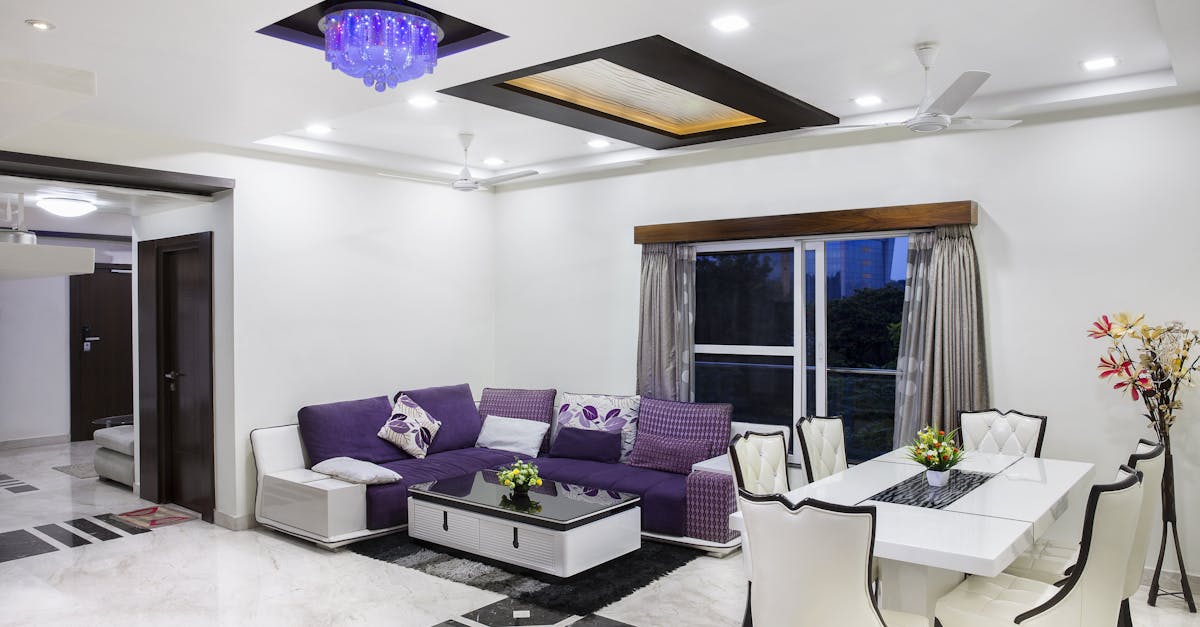
Advertisement
Conclusion
Achieving soundproofing in your home involves a strategic combination of measures aimed at noise reduction. Insulation, sealing gaps, and investing in noise-dampening materials all contribute to creating a quieter home. By adopting these soundproofing strategies, you can foster a peaceful environment conducive to relaxation and wellbeing.
Advertisement
